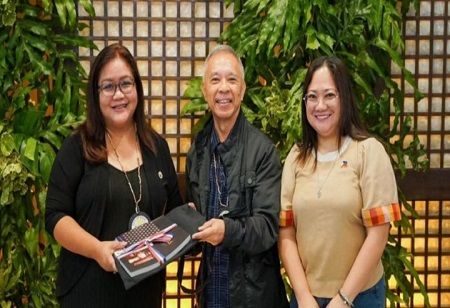- NHCP launched the first Negros-wide LGU training on history and heritage at Bago City Community Center.
- Around 150 tourism officers, teachers, and cultural workers attended workshops on local history, preservation, and commemorations.
- NHCP and Bago City aim to strengthen cultural identity and collective memory through grassroots heritage education.
National Historical Commission of the Philippines (NHCP) is working in cooperation with local government units (LGUs) for history and heritage education in the Negros Island Region.
During the launch of the first Negros-wide LGU training on history and heritage at the Bago City Community Center, NHCP Chairperson Regalado Jose Jr. emphasized the critical role of the cities, municipalities, and provinces in historical education, cultural preservation, and nation-building.
The three-day training has around 150 participants, comprising tourism officers, cultural workers, teachers, and cultural activists and enthusiasts from different LGUs.
The program covers lectures and workshops led by NHCP experts on The Flag and Heraldic Code of the Philippines, guidelines on naming and renaming streets, public spaces, and place names and on the declaration of local holidays, protocol practices for local commemorations and observances, and recognition of historic sites and structures.
Also Read: World Bank CPF Aims to Create 4M Jobs in Philippines
Other discussion topics are guidelines for the preservation of heritage buildings, the causes of deterioration and rudimentary material conservation, developing a local history museum, and the network of local historical committees.
On her message, Mayor Marina Javellana-Yao expressed that Bago City prides itself on a meaningful collaboration with the NHCP as it commemorates the origin of the Bagonhons' identity as a people.
"This is a time to hear the voices of the past and let them direct our present actions. It is a time to think, to reconnect with the values of our ancestors and to reaffirm our collective responsibility to protect what rightfully belongs to us", she said.
Javellana-Yao expressed her hope the training will reignite the fire and purposeful action among the communities "so that no name, no place, no memory worth honoring is ever forgotten".

